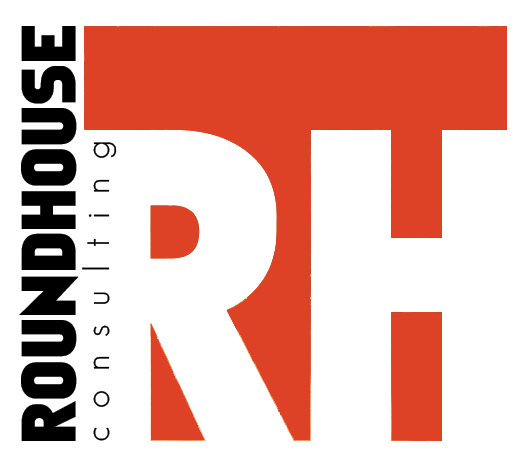The minority Parliaments of recent years have been reflective of the changed circumstances in Canadian politics. In addition to the in the electoral map the political reality is that we have now joined the Americans in living in a state of permanent campaign. What interests me is how poorly Canadian political parties have adjusted to this, in organizational terms. Traditionally in Canadian politics campaigns have been viewed as a unique activity, which they are, and as something separate from the day-to-day realities of political life, which they are not - if in fact they ever were.
This view that campaigns were a sui generis activity has crippled the Liberal Party in recent years. The party has failed to create a central database, resulting in the fragmentation and hoarding of the available data. The drawbacks to that are obvious, and exacted a heavy penalty in organizational terms. In addition building an ongoing relationship between the organization (as distinct from the candidate) and its supporters has not been a priority. The absence of such a relationship has resulted in seriously reduced membership numbers, with the concomitant drag on fundraising. This is especially significant given the $1100 individual donation cap, which rules out the traditional Canadian political fundraising tactic of large corporate and individual donations.
These are all failings of basic organizational performance, which the current leadership and the membership of the party appear to have acknowledged. The hiring of Rocco Rossi as national director and the acclimation of Alfred Apps as party president has placed a pair of strong organization-builders at the top. They have a great deal of work to do to make their organization competitive again.
That said the Conservative party is currently considered to be the organizational standard in Canadian politics. They have done a better job of this that the others, but even their ‘success’ needs to be put in perspective. Their ‘machine’ has only managed minority governments, despite a crippled Liberal party and marginal NDP and Bloc. Even the ‘vast’ conservative fundraising effort only brought in $4 million in the 1st quarter of 2009. That is enough money to franchise and open one Tim Horton’s shop, maybe two in smaller locations. Hardly overwhelming, and the fact that the Liberals raised under half that number is an indictment of them, not a compliment to the Conservatives. Currently no Canadian party can count even 1% of the population as members.
In short all Canadian political parties are struggling to manage their organizational challenges as well as the communications and data challenges presented by a web 2.0 society. Acquiring and managing data as well as building up an engaged membership who are willing to contribute time and money is an ongoing process. It is essential to view the politics as an ongoing or organic process, not one of periods of stability punctuated by elections.

Great post...
ReplyDeleteThe existing members of the party are not yet acclimatised to the culture of giving required by current political realities. I fear that new members are being influenced by these older attitudes. This is partly why I wrote my organizational series. How do we convince a 65 year old who has been with the party 40 years that they now need to be giving more, and more often? And how do we ensure that the 25 year old who just joined the party isn’t “infected” by that 65 year olds attitude?